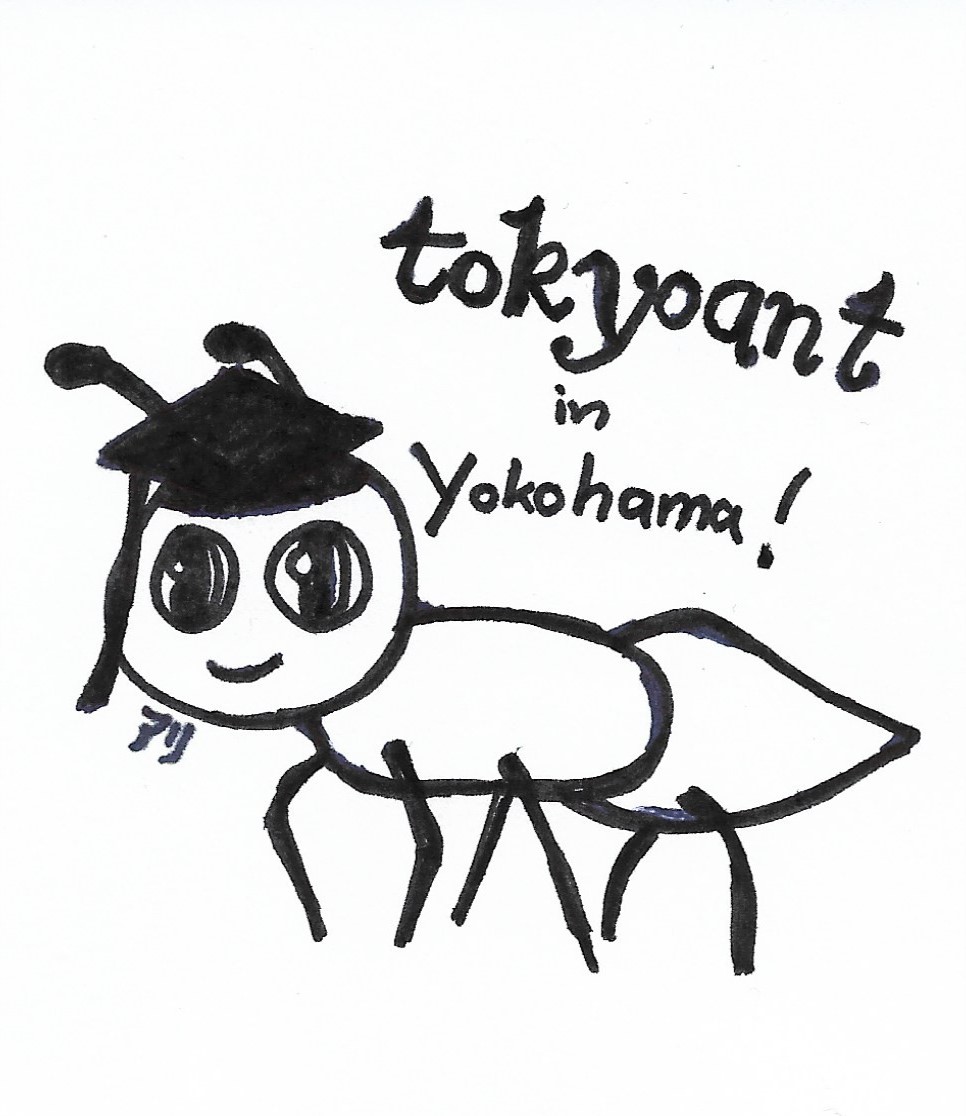Hey guys,
let’s be honest, Halloween is a strange holiday. The way we celebrate it today in several countries of the world is highly influenced by U.S American customs, but the roots are an ancient Irish pagan festival. And despite these pagan traditions it is based on, the name itself derives from the Christian holiday of All Hallows.
How did these things get so messed up? And why is this pagan-christian Irish-American holiday now celebrated in Japan? Is cultural globalization destroying cultural identity? We’ll see…
Europe
It is hard to imagine, that in Europe, where we have so many old, impressive Christian buildings, and where so many wars over Christianity were fought, Christianity itself did not have an easy start in many countries.
Especially the northern part of Europe, that had not been influenced by the Roman Empire as much, still had many peoples practising pagan beliefs. Forcing religion onto them did obviously not result in very convinced Christians, so the early churches decided on celebrating Christian holidays on the same dates that the pagan peoples held their festivities. Only now the festivities were reinterpreted from a Christian point of view.
For example Christmas, which was by the way at some point celebrated in March, was rescheduled in the year of 330 for the 25 of December, because of the pagan festivity of the winter solstice. Around this day it is the darkest in the northern hemisphere. The invented Christian meaning is, that from Christmas on the darkness disappears and Jesus brings light again.
Same happened to Halloween. On All Hallows Day or All Saints Days, as it is called today, Catholic Christians remember their Saints and also pray for their dead. The pagans believed that around this time in autumn the borders between the worlds of the living and the dead were very thin and they had rites to scare the ghosts away or at least pretend you were one of them, so they would not haunt you. The early church made a rather unlucky connection there, I think.
But Christianity settled in Europe and some traditions were kept, some were reinvented, and some disappeared completely in several countries.
USA
As far as I understand, this weird mash-up of opposite traditions was brought to the states by Irish immigrants who fled a famine in the 19th century.
People started celebrating it and again had to reinvent the holiday, because the US provided them with an entirely different environment. The infamous beet some Irish guy named Jack was said to be given by the devil, for example, did not grow in that country. The foreign pumpkins became their replacements.
Also trick-or-treating started to be a part and when mass production of sweets and costumes started in the 20th century, Halloween was already an established festival in several US communities. The US economy saw soon that this was an amazing opportunity for the market – and whenever there is a chance of a huge amount of money to be gained, other countries’ economies sure want their slice of the pie.
Back to everywhere else
It can sure be said that Halloween is part of cultural globalization. In several European countries Halloween is celebrated again in this Americanized way and even outside of Western culture, people dress up on this date and enjoy the event.
This is a coin with two sides, of course. While it is always fun to indulge in another cultural festivity, this can be a sensitive matter, too.
Conservative Christians say the pagan part of the holiday should disappear completely as it is disrespectful to their Saints. Irish people probably think their traditions were taken from them to make profit out of it. Some people from Germany feel offended by Germans celebrating it, because we already have carnival to dress up and St. Martin’s Day for trick-or-treating. In Japan, I was told, had been even protests at some point, because these were all customs that had nothing to do with Japan at all and the country is not even Christian.
People have been claiming that with cultural globalization, the individual cultures would disappear, either replaced by another or intermixed with the other. Especially in Japan “Westernization” is a buzzword, but “Americanization” is discussed in Germany, too.
In my experience, the different ways of celebrating Halloween put much more attention to what is different about these cultures. In Germany, where we have carnival to dress up, Halloween features scary costumes only. You will not see a single princess, not even among the little kids.
Japan is the opposite to that. Japan celebrates their dead on the obon festival in August and has a tradition to also tell ghost stories during that time – they don’t need halloween for that. And while the traditional Japanese ghosts are absolutely terrifying, the ghosts merchandised for Halloween are friendly and simply cute. And so are most costumes with animals, princesses or food as popular themes. Every now and then you’ll have the “zombified” girl in a school uniform, but even them are cute.
So, at least from what I’ve seen so far, Halloween is not a destruction of cultural identity. It is the festival that adapts to the new culture rather than the culture adapting to the festival. Besides that, cultures change all the time. Most festivities considered traditional are most likely not even that old and have been influenced a lot throughout the time, in Germany just as much as in Japan.
In conclusion: Have fun celebrating Halloween tonight, wherever you are 🙂

